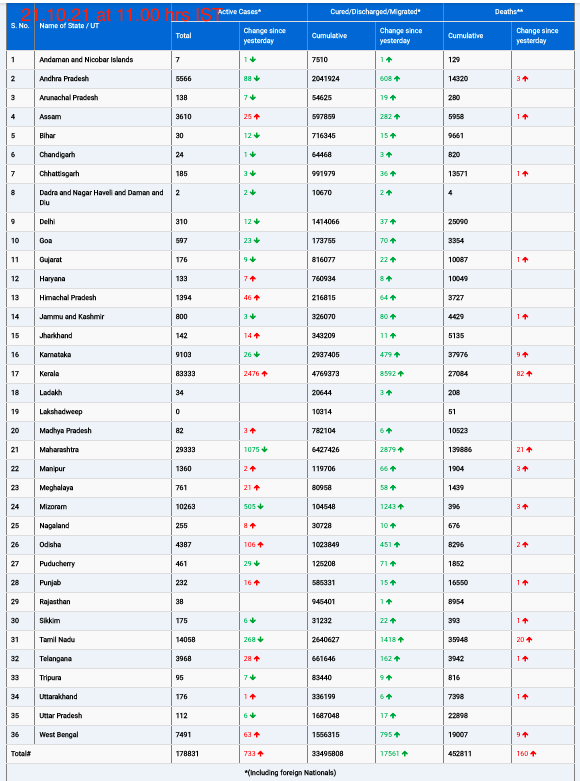A recent study published in PLoS One sheds light on a concerning discovery: diarrhea from pet dogs could harbor multidrug-resistant E. coli, posing a potential health threat to humans. Led by researchers in China, the study underscores the need for further investigation into the transmission of antibiotic-resistant bacteria between dogs and their owners.
The research, which examined 185 dog diarrhea samples from a veterinary hospital, revealed alarming findings. E. coli strains were detected in 135 samples, with the majority showing resistance to at least one antibiotic. Of particular concern, five out of ten cases involved dogs shedding multidrug-resistant E. coli strains commonly associated with human illnesses.
Dr. Daniel Brailita, an infectious disease expert at Nebraska Medicine, emphasizes the significance of this study in expanding our understanding of antibiotic resistance. While similar studies have focused on livestock, the implications for companion animals, such as dogs, have been largely overlooked. The intimate relationship between pets and their owners heightens the risk of bacterial transmission, warranting further attention.
Despite the study’s focus on dogs in China, researchers caution that similar findings could apply to dogs in other regions, including the United States. With over 100 million pet dogs in China and significant antibiotic usage in veterinary medicine, the potential for transmission of multidrug-resistant bacteria raises concerns about public health.
While the study does not directly establish the health risks posed by drug-resistant E. coli found in dog samples, experts urge vigilance and emphasize the importance of good hygiene practices. Washing hands thoroughly after interacting with pets, especially those exhibiting signs of illness like diarrhea, is crucial in preventing potential transmission.
Dr. Megan Jacob, a professor of veterinary microbiology, stresses the importance of prompt veterinary care for sick pets and recommends isolating them to prevent further spread of illness. Additionally, wearing gloves when handling dog feces and disposing of it properly can help minimize the risk of bacterial transmission.
While there is no immediate cause for panic, the study underscores the need for continued research and awareness regarding antibiotic resistance in companion animals. By adopting prudent hygiene practices and seeking veterinary care when needed, pet owners can help mitigate the potential risks associated with multidrug-resistant bacteria transmitted from dogs.












